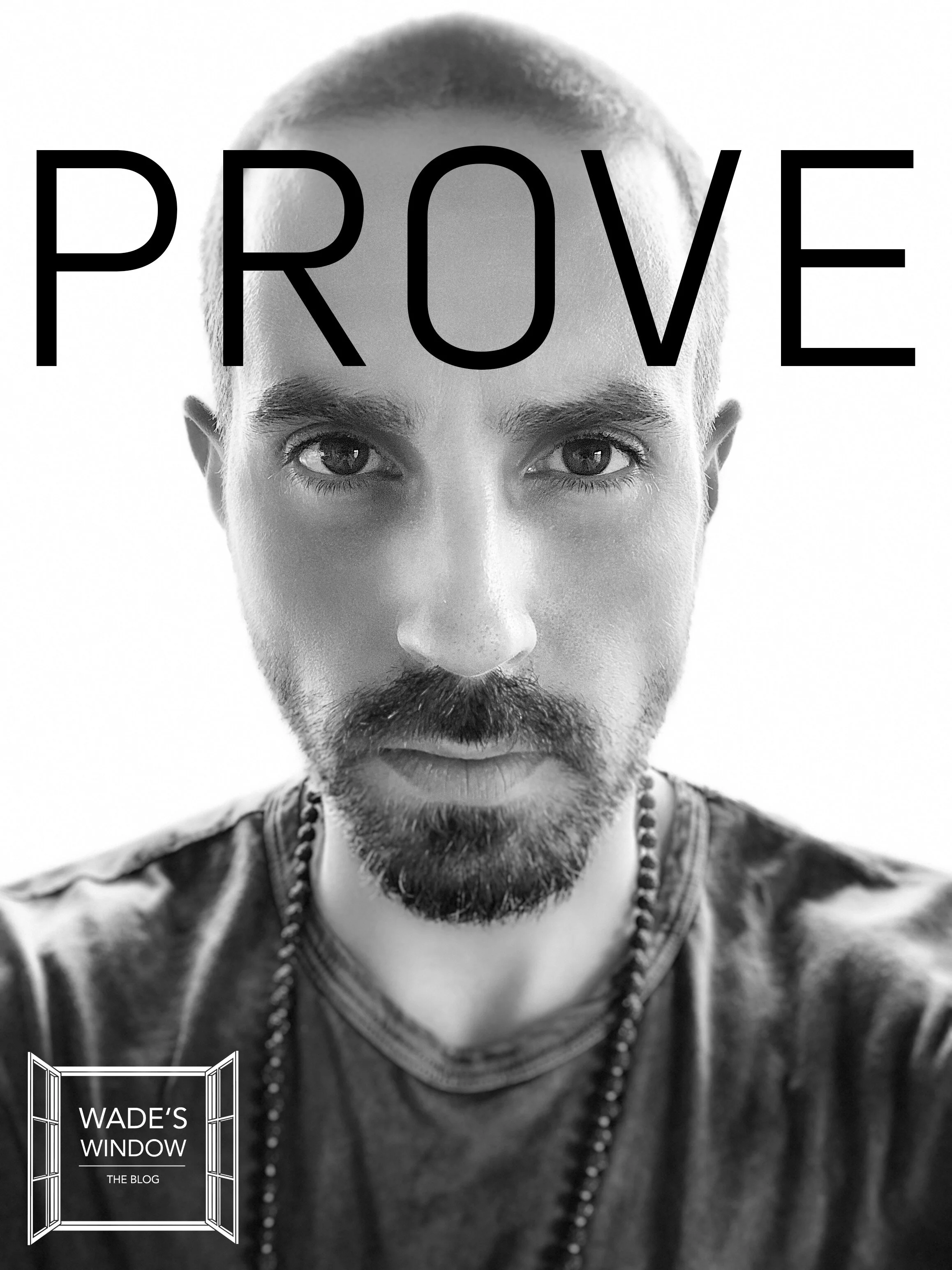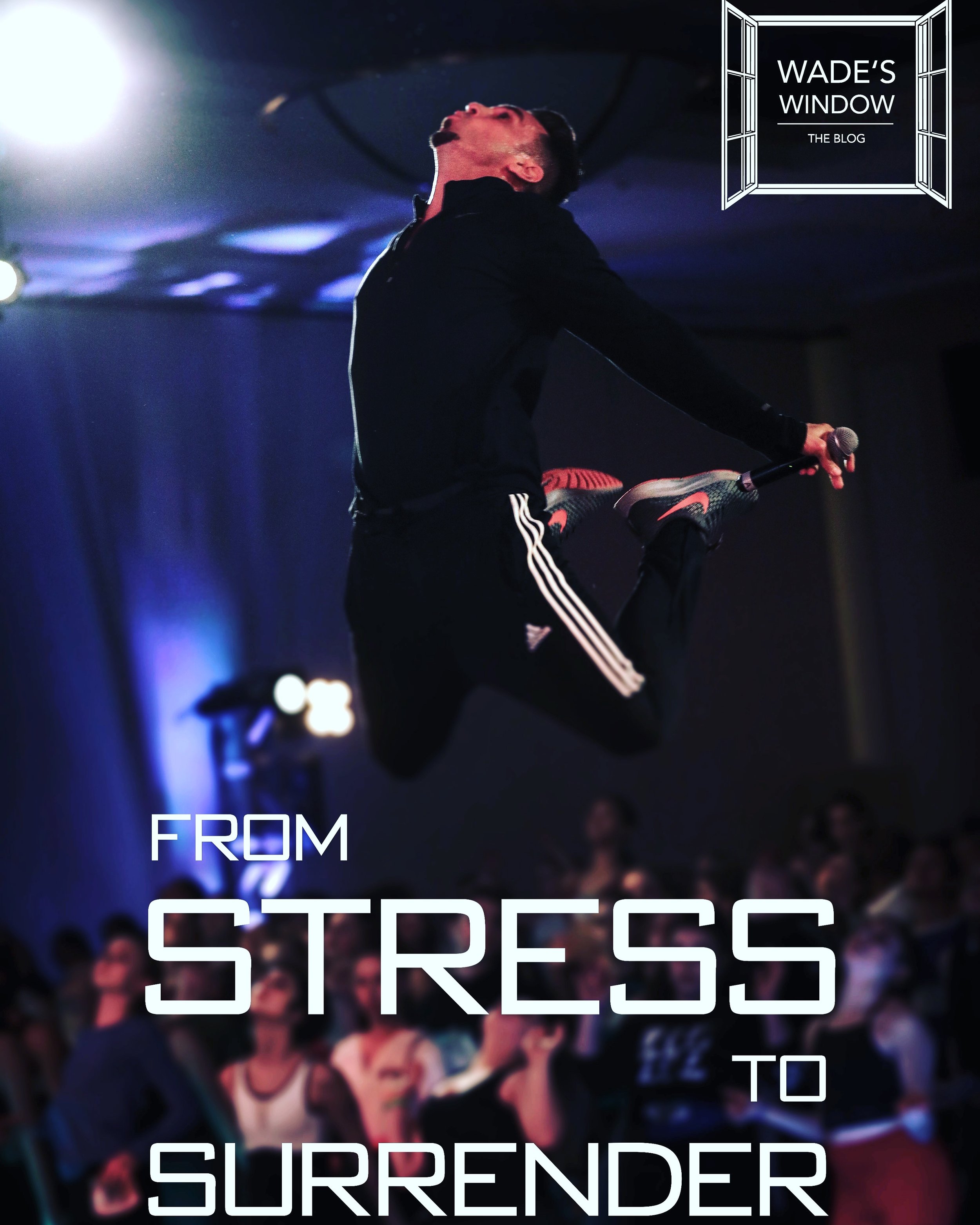“Never miss a grand opportunity to shut your mouth.” -Thom Knoles
Have you ever had the following experience? You have something that you really need to talk about with someone you trust. Maybe it requires you to be quite vulnerable in order to talk about this painful, scary and/or exciting thing. Yet when you finally work up the courage to talk about it, you find that your friend, family member or mentor keeps interrupting you to give you their take on what ACTUALLY or SHOULD have happened, or what you are ACTUALLY or SHOULD be feeling or thinking, and what you SHOULD do about it all.
Then maybe you feel a bit defensive and your walls start to go back up. You thought you were going to feel better once you talked about it with someone you trust, but now you just feel more confused, angry, or sad. You then maybe decide youʻre not going to talk about that painful, scary, and/or exciting thing anymore.
Maybe you didn’t actually want their opinion or advice. Maybe what you wanted was their presence, their ear, their understanding, their resonance, and maybe their confirmation that they love you and are here for you, no matter what. How often are you in conversations where either you and/or the other person is not really listening at all, but just waiting to talk? In my experience, itʻs exhausting and neither of you actually gain anything positive from the interaction. Thatʻs because itʻs not actually a commun(e)-ication, youʻre both just talking AT each other. I have been on both sides of this experience many times.
I remember when I first began to reach out to close friends and family members to talk about the sexual abuse I experienced as a child, which I had kept a secret for 22 years. In some interactions, the friend or family member, out of absolutely benevolent intentions, would offer up unsolicited hypothesis and advice on my experience, often before I had even finished telling the story. I found that especially when hearing about uncomfortable and painful experiences, thoughts or emotions, the other person, out of both their wish for me to feel better and their own discomfort, would try to "fix" me as soon as possible. They truly thought that they were helping but in my experience, unless opinion and advice are explicitly asked for, it almost never helps and often hinders.
I realized how much I longed for the other person I trusted to do nothing but quietly, patiently, and actively LISTEN; that is all. I am infinitely grateful that that has been the bulk of my experience in talking to people I love and trust about vulnerable subject matters.
The place where I truly began to understand the power of and hone my skills as a listener is the Adult Survivors of Child Abuse support group I facilitate and participate in. The hallmark of The Morris Center’s ASCA group format is voluntary 5 to 15-minute individual shares where the rest of the group silently, actively listen. In some instances, the individual who shared can decide if he or she wants supportive feedback from the group and if so, then chooses who can give supportive feedback to them from amongst those who raise their hands. The supportive feedback is only allowed to be of a supportive nature; no advice, contrary opinions, or self-centered feedback, are allowed. The emotional power and transformative nature of someone being able to talk about their most vulnerable thoughts, feelings and actions, in a space where no one interrupts, offers them other opinions, or advice but rather relates or is neutral, for even just five minutes, is something to behold. With consistency, the support group participantʻs emotional, intellectual and life evolution is profound and exponential.
My practice for the last 8 years has been to TRY MY BEST to listen deeply when people have chosen to talk to me about something important to them and to not offer any opinions or advice unless explicitly asked for; To simply relate and offer support however I can. I find that the results are quite astounding for both participants.
As the receiver of the deep listening, without the noise of others unsolicited opinions and advice, we slowly gain confidence in our own inner wisdom, our intuition, and our relationship with source. Weʻre able to pay better attention to the universal guidance that is all around us, all the time.
As the listener, I believe it allows us to relate deeply with the person sharing, making us feel more connected to them and humanity at large. We learn patience, empathy, compassion and receive profound wisdom from the person sharing.
In turn, the receiver of our deep listening, wants nothing but to return the favor. Win/Win.
Love, Wade.






























Wade Robson, based on his personal experience of external wins and internal losses, explores our personal definitions of WINNING and their implications.